That unpaid highway toll text message is a scam
How to avoid the latest 'smishing' technique. The post That unpaid highway toll text message is a scam appeared first on Popular Science.

Online scammers are constantly evolving their tactics and methods, but one approach has gained popularity in recent months: text messages that claim you owe unpaid traffic tolls.
“Your toll balance is outstanding,” reads one such iMessage. “If you fail to pay by… you will face penalties or legal action.” The text then instructs a victim to reply with “Y” for yes, open the accompanying link in an internet browser, and follow payment steps from there.

Law enforcement refers to the scam technique as “smishing,” a combination of the word “phishing” and “SMS,” the software protocol used by text message services. Other smishing examples include texts from unknown numbers alerting alleged bank fraud, missed delivery notifications, and gift card rewards. But with the increased adoption of cashless highway toll payment systems and phone-based financial transactions, scammers are increasingly turning to the unpaid toll angle for their ploys.
According to an internet crime complaint report cited by CNBC, the FBI received over 60,000 reports of unpaid toll scams in 2024. However, the true number of attempts is almost certainly underreported by a wide margin according to the Federal Trade Commission. Multiple federal and state agencies have issued warnings against the smishing attacks in recent months, as well. These texts often claim to come from some of the nation’s most prominent toll service networks, such as the Northeast’s E-ZPass, California’s FasTrak, and I-Pass in Illinois.
“Consumers should know that E-ZPass, or Tolls by Mail, will never send a text or email requesting personal, sensitive information,” New York Governor Kathy Hochul explained in an alert issued in February. The same goes for FasTrak, I-Pass, and virtually any other reputable toll service in the US.
So, do you need to worry if you begin receiving a flurry of toll texts? The answer is “yes and no,” unfortunately.
On the one hand, simply getting the messages doesn’t mean your bank account is at risk. The best thing to do is report the text as the junk it is, delete it, and even block the number for good measure.
On the other hand, an uptick in spam, phishing, and smishing attempts sometimes means a recent data leak included your phone number or email address. Scammers often purchase these datasets through black market websites and forums in order to mass target potential victims. While annoying, that in and of itself isn’t necessarily cause for alarm.
Thankfully, you’re not entirely powerless here. There are a number of proactive methods available to guard your personal info against con artists, like the digital toolkits provided by the Electronic Frontier Foundation and the FTC. Phone carriers also offer tools to beef up your call and text filters. And don’t worry—any actual highway toll notices will almost certainly find their way to you. They just usually take the form of a letter in the mail.
The post That unpaid highway toll text message is a scam appeared first on Popular Science.





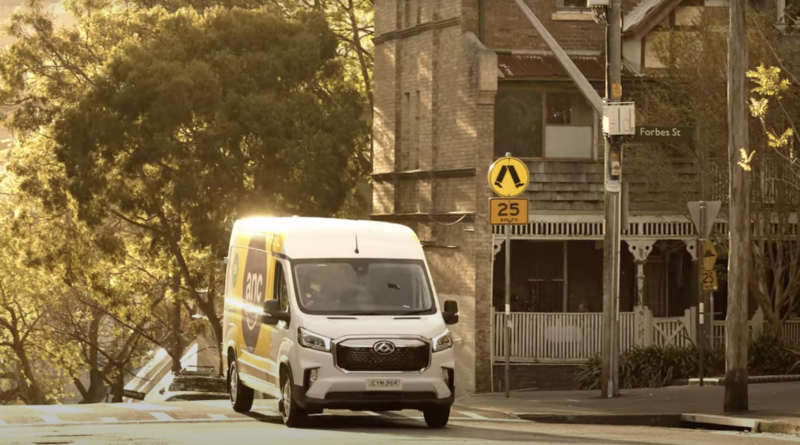



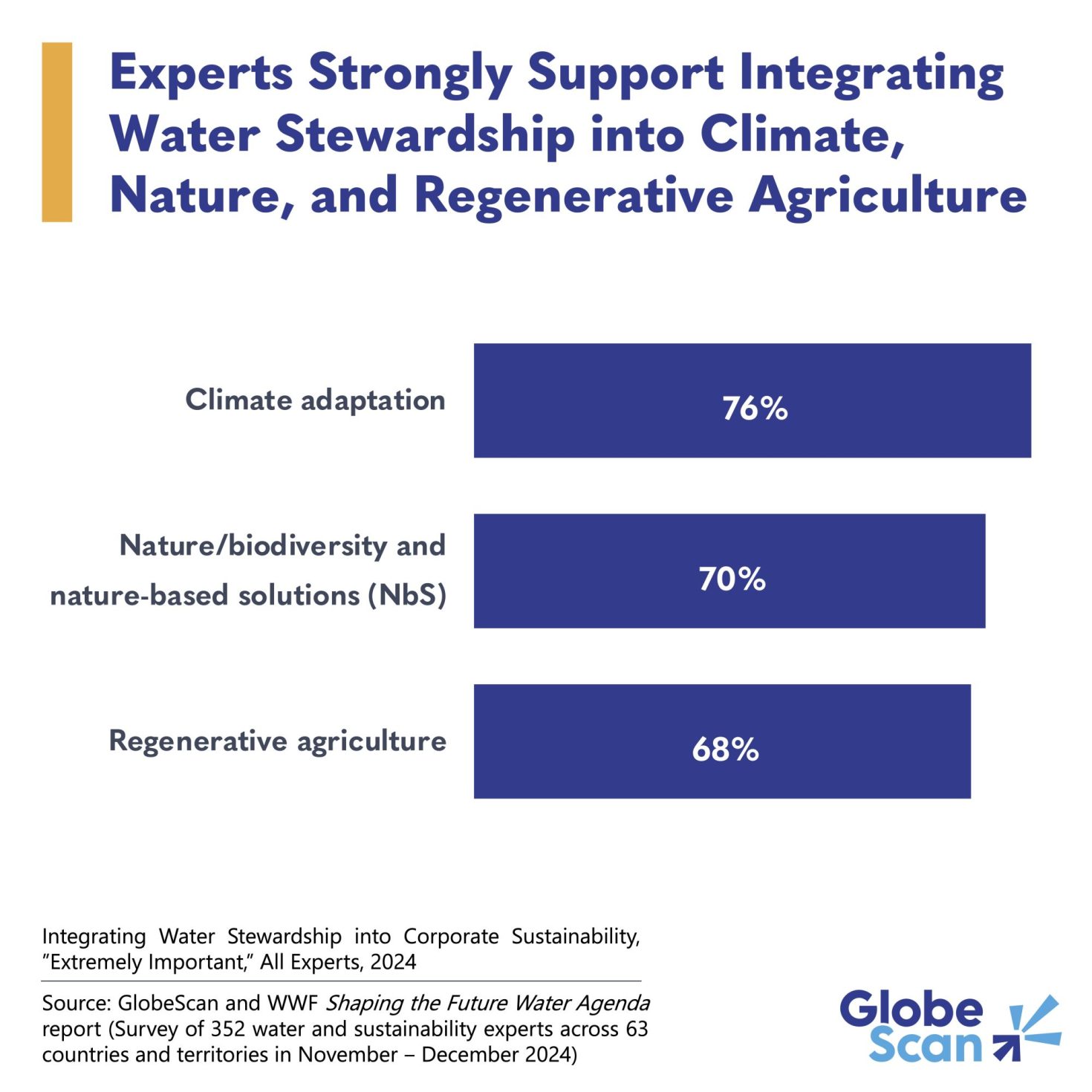

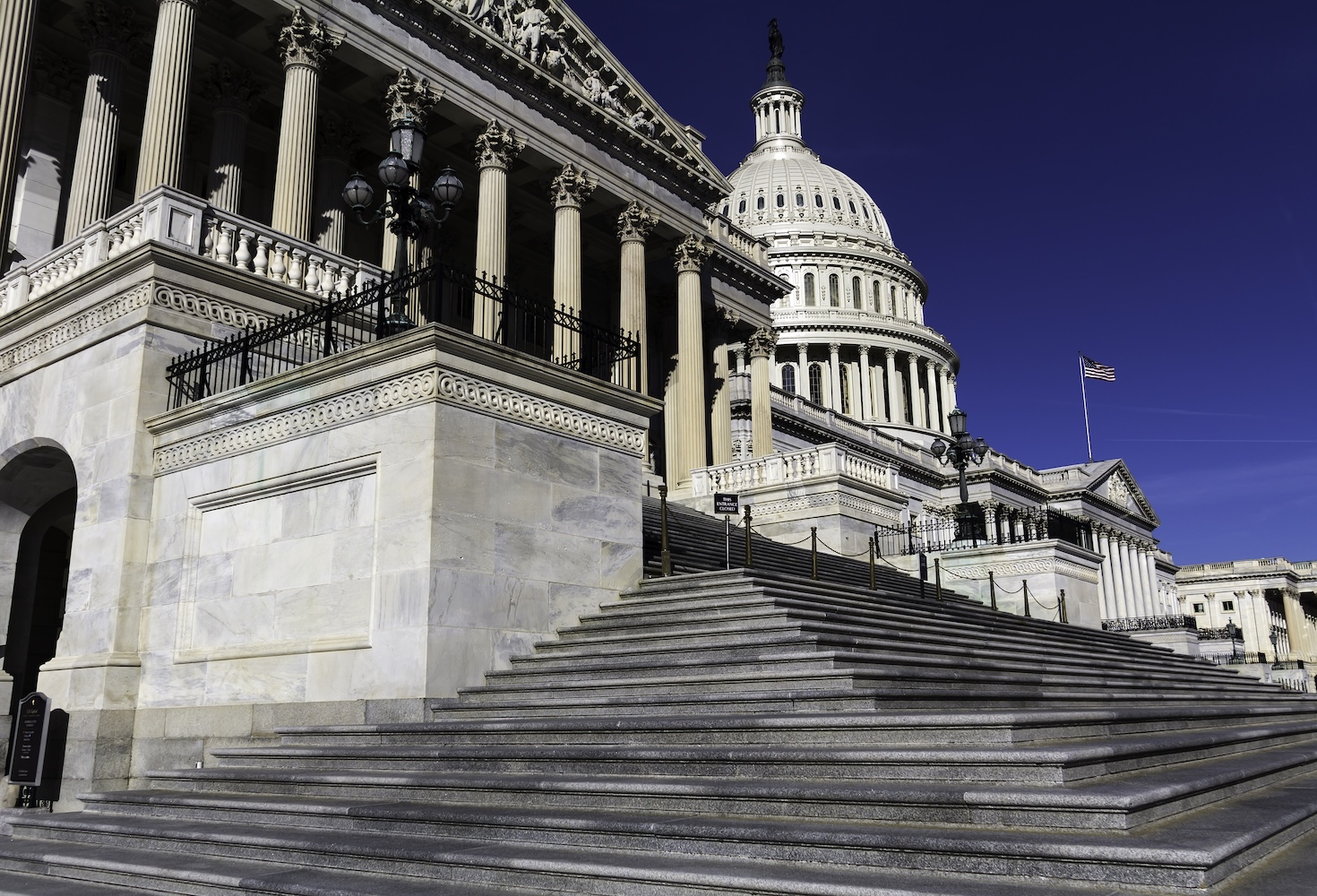








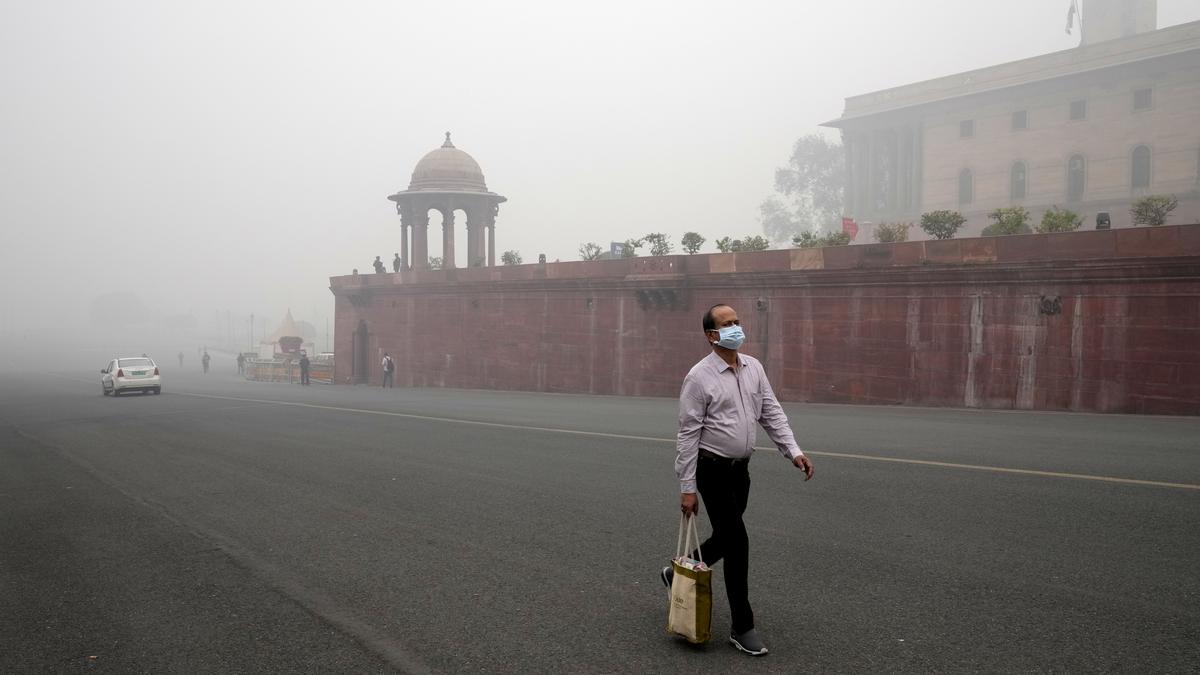


















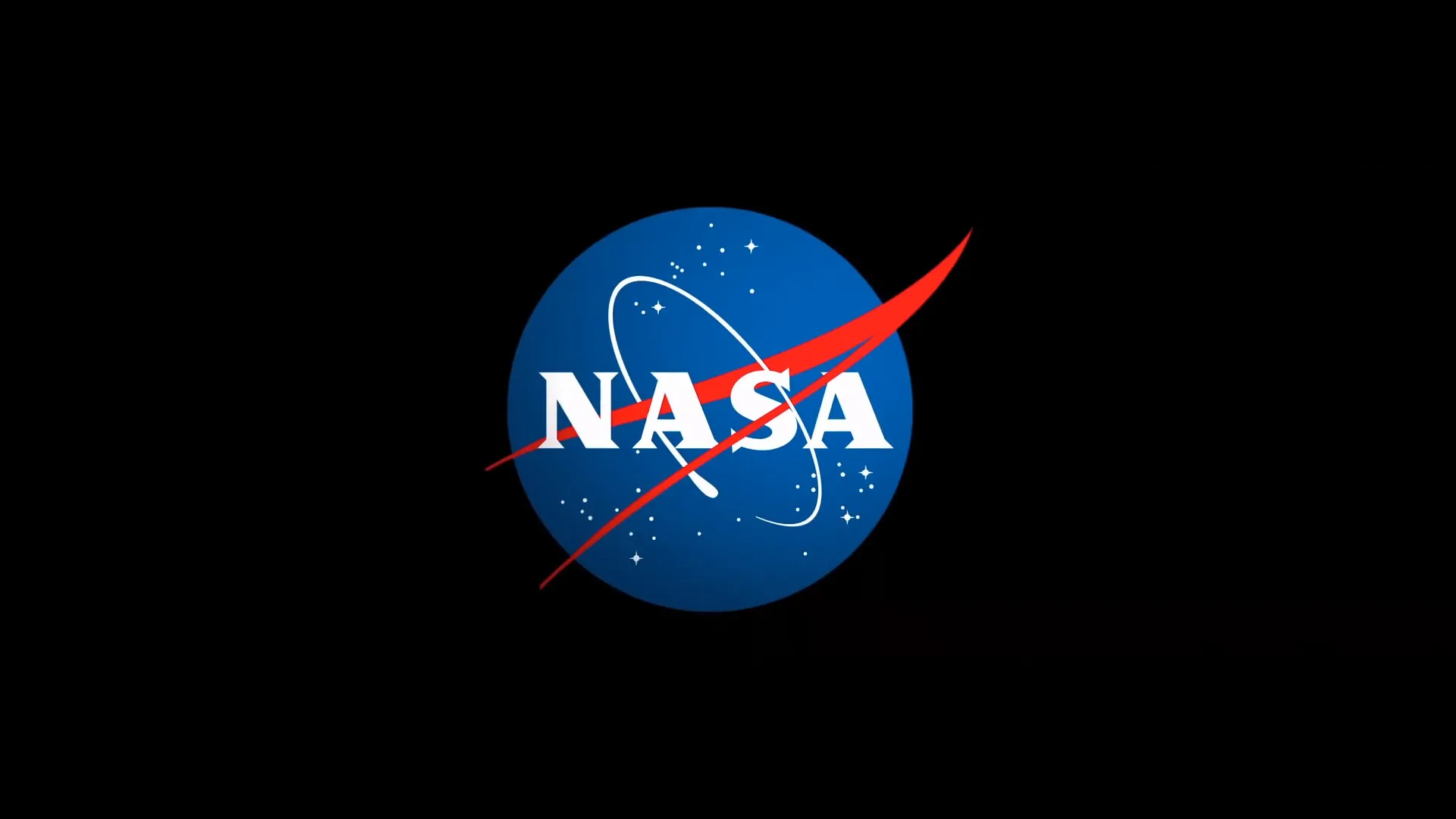









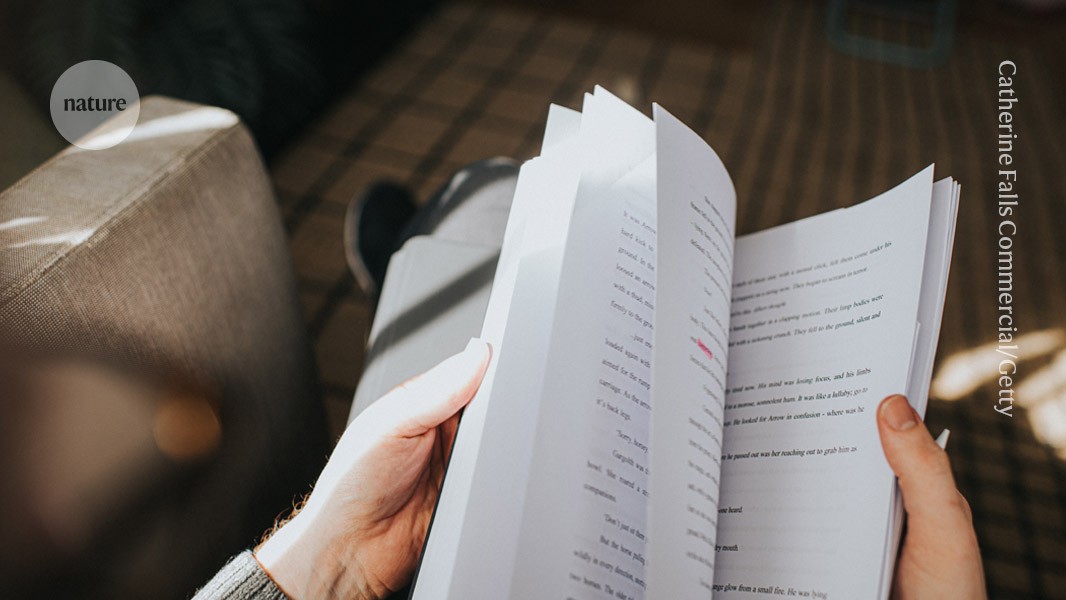










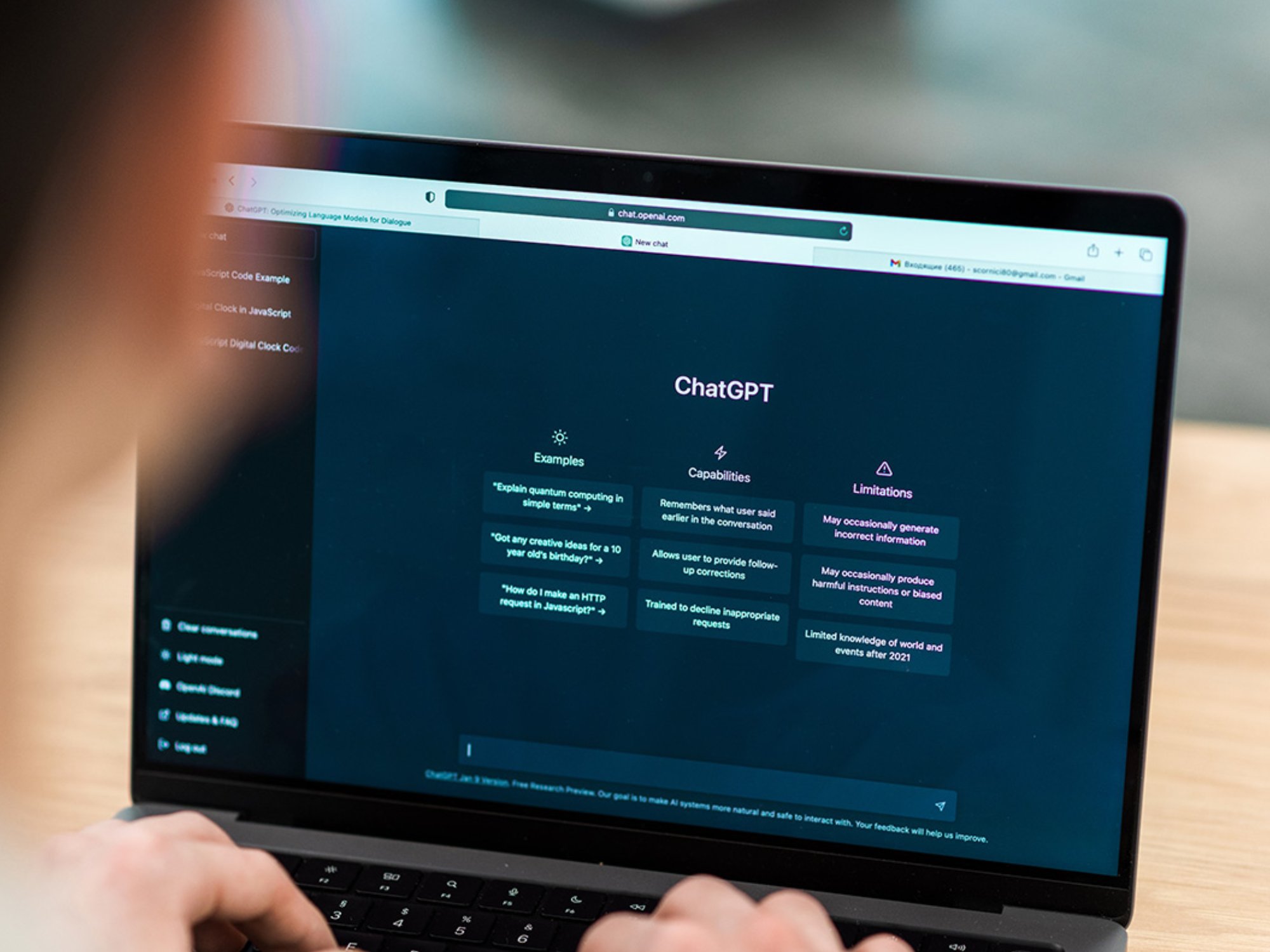



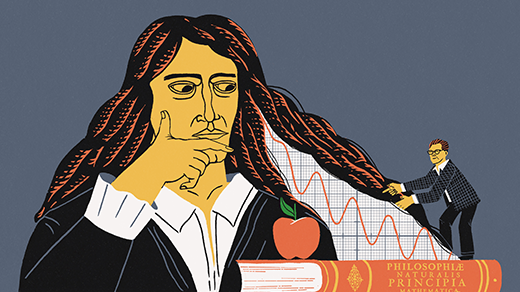














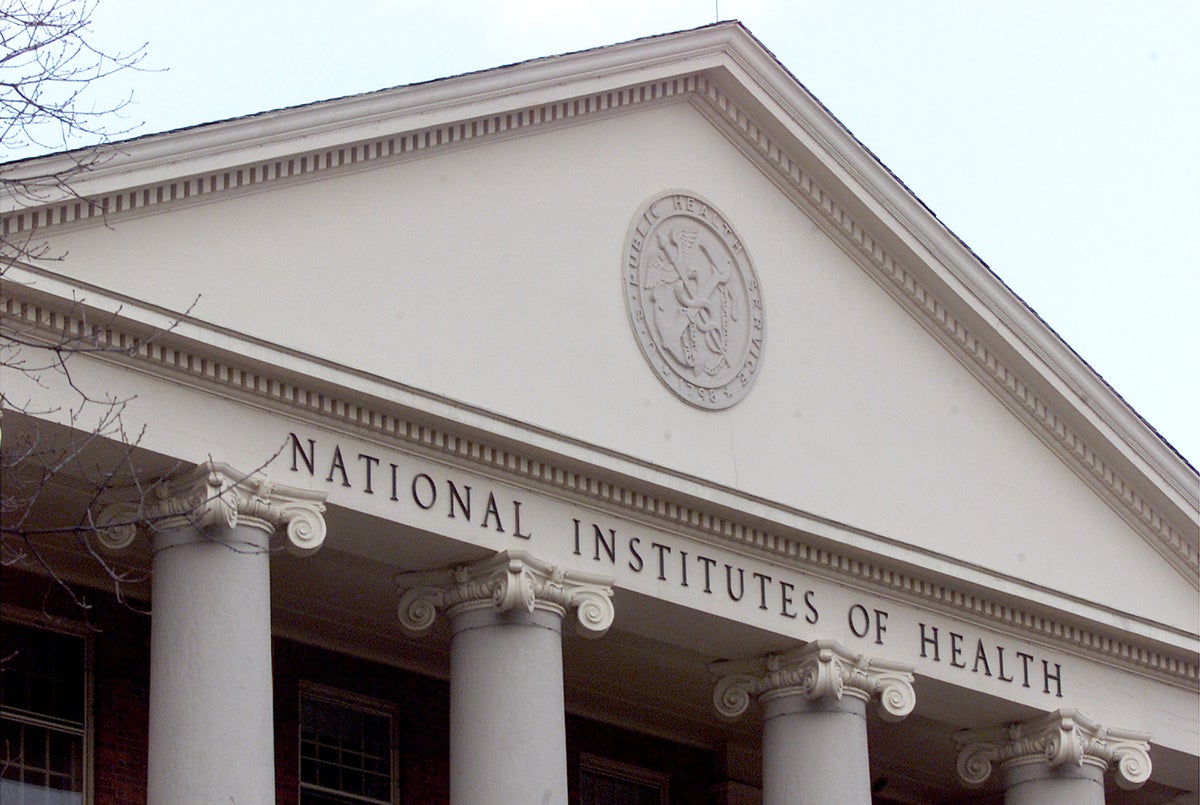

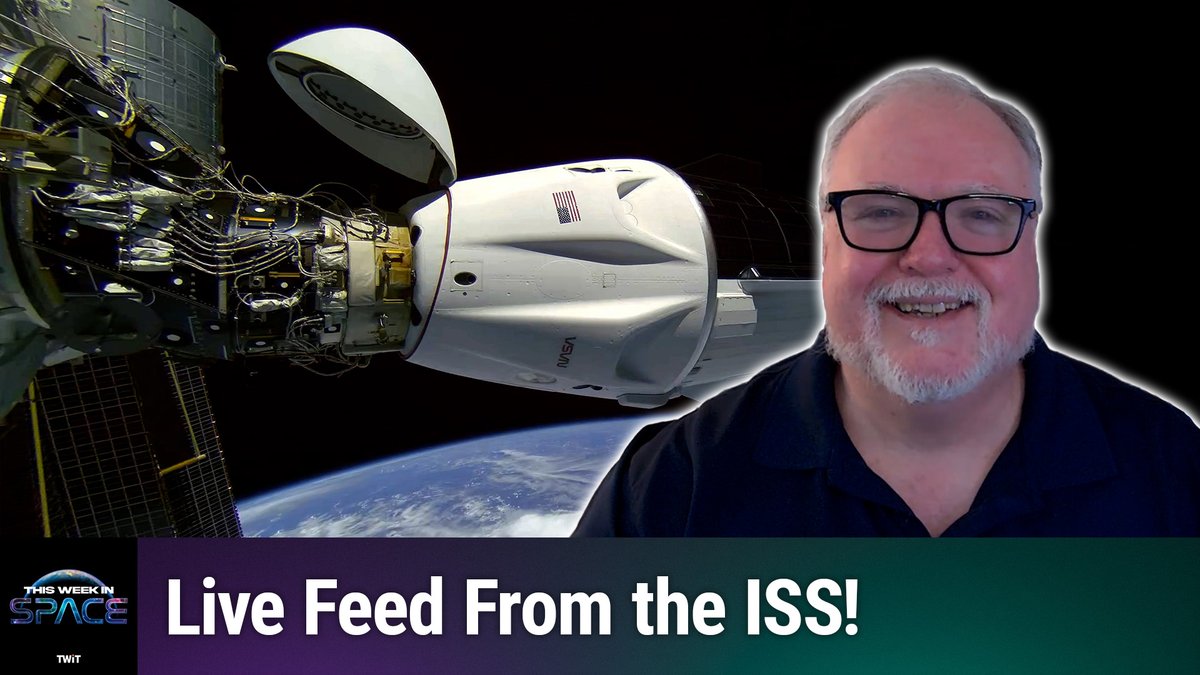









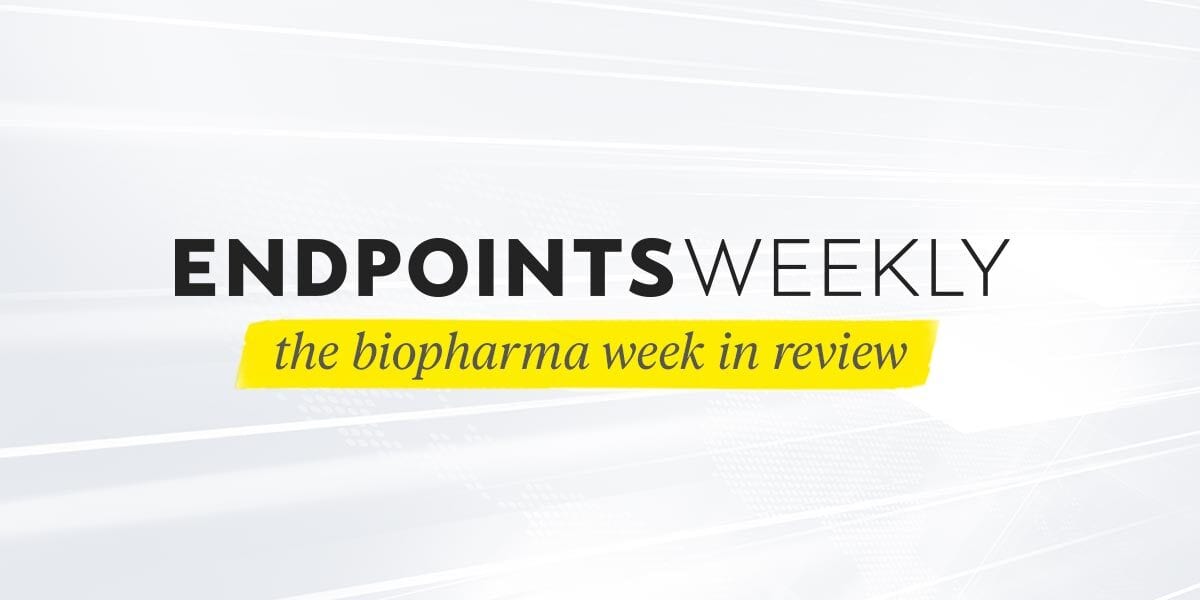
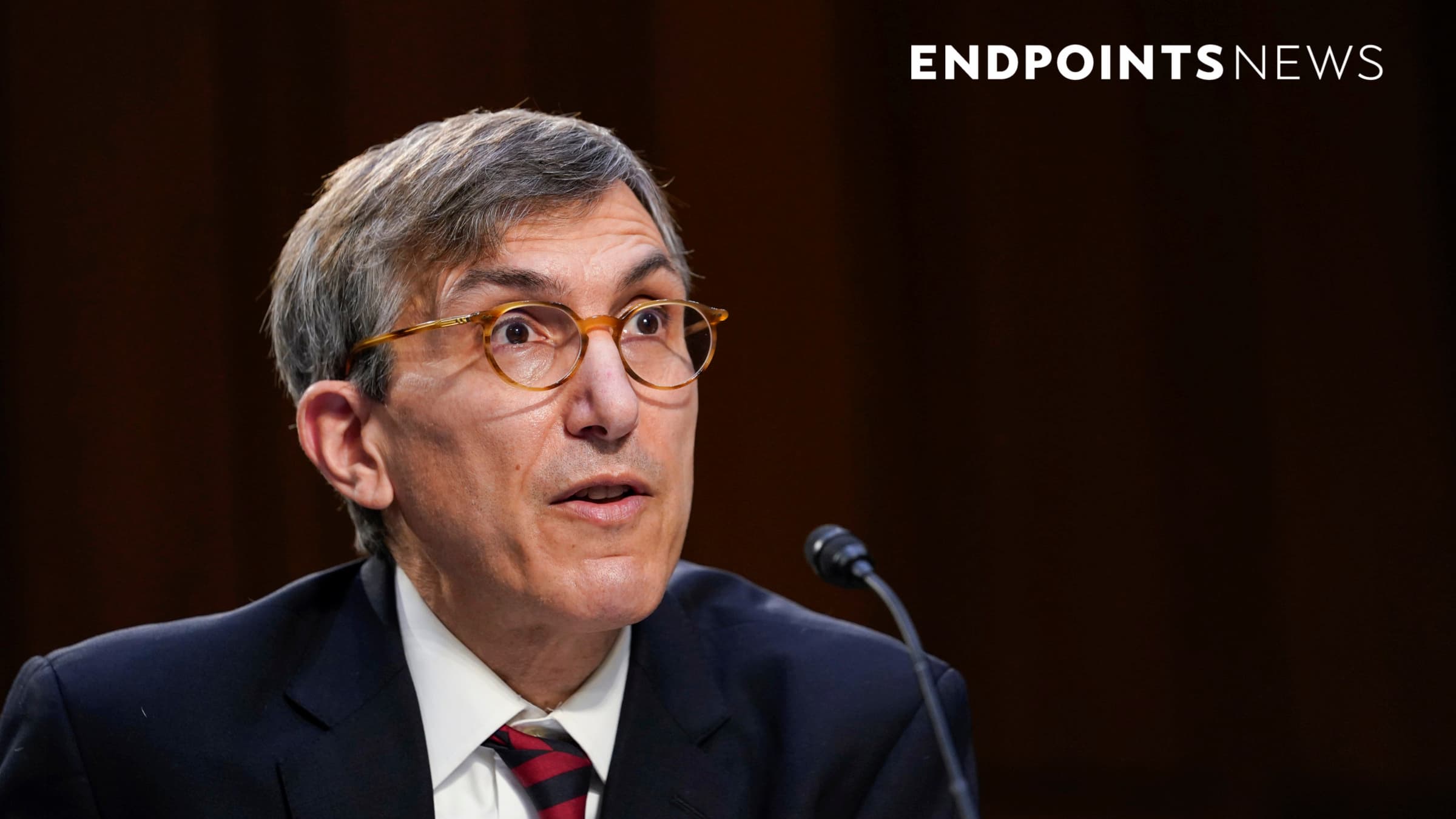






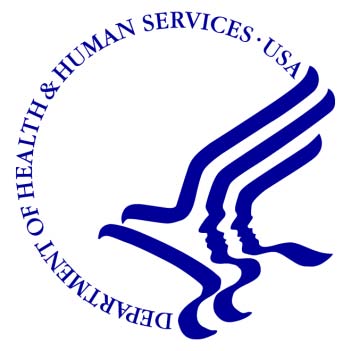



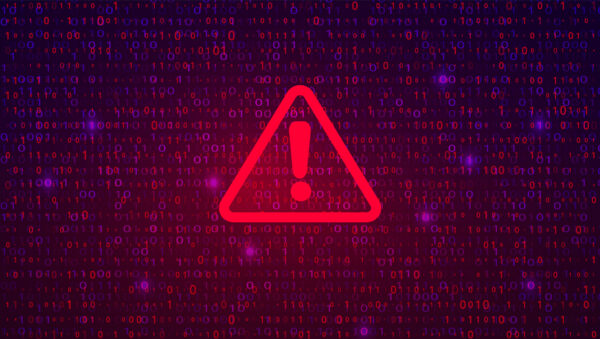


.jpg?#)




































